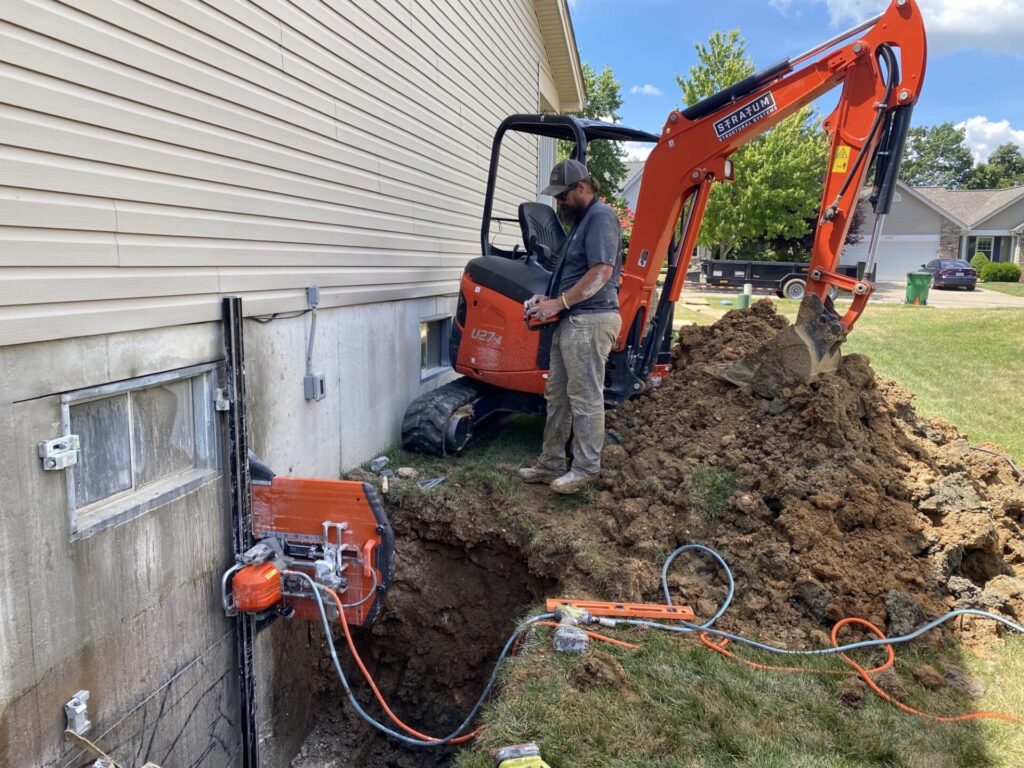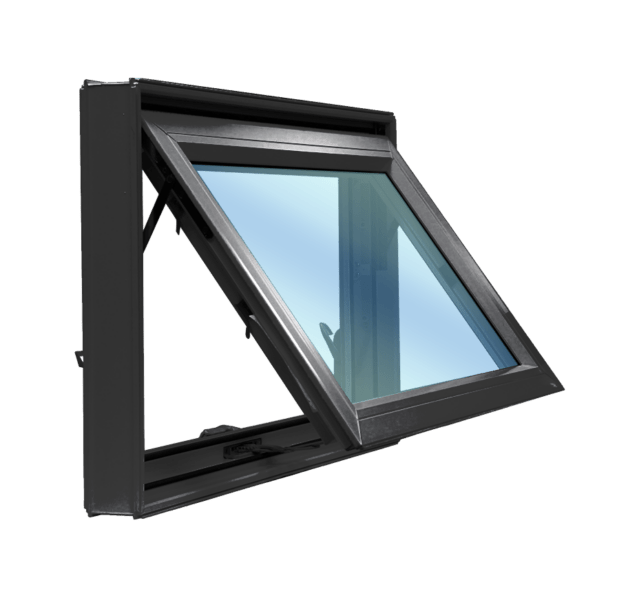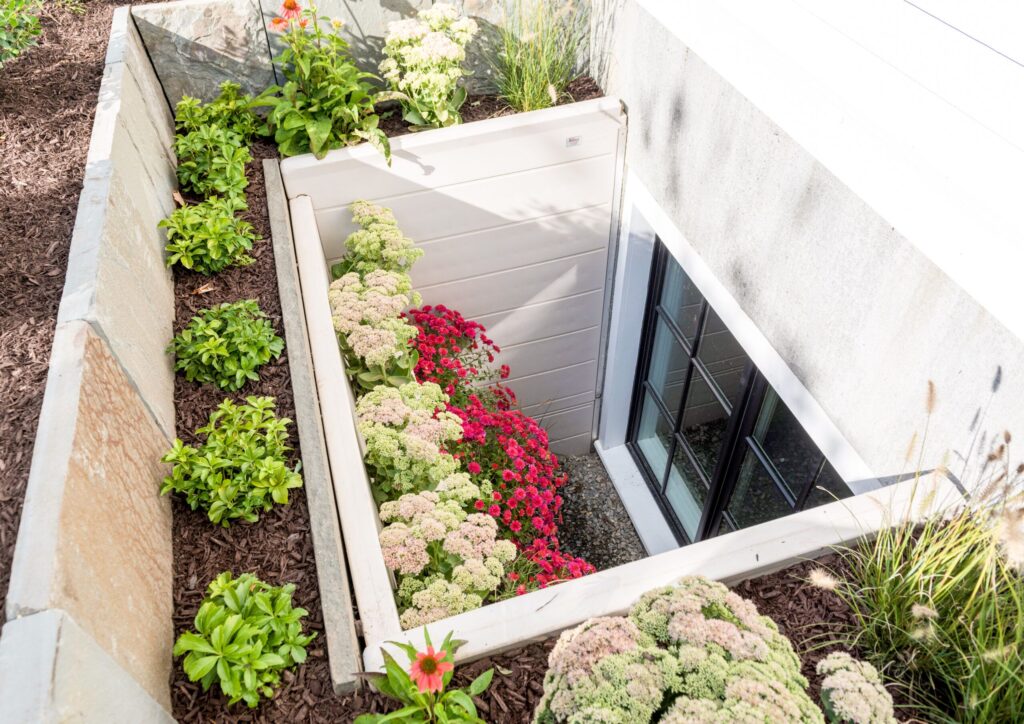A Comprehensive Guide to Types of Basement Windows
Selecting the right types of basement windows is crucial for both functionality and aesthetics in your home. Whether you’re finishing a basement or upgrading existing windows, understanding your options can help you make informed decisions. This guide explores various types of basement windows, including egress windows, sliding windows, and more, to assist you in finding the best fit for your needs.
Egress Basement Windows
Egress basement windows are essential for safety, providing an emergency escape route in case of fire or other emergencies. These windows are larger and must meet specific size requirements to comply with building codes. Egress windows enhance safety and allow more natural light into your basement, making it a more inviting space.

Sliding Basement Windows
Sliding basement windows are popular for their easy operation and sleek design. They slide horizontally, offering smooth operation and a contemporary look. Sliding windows are ideal for spaces where maximizing ventilation and light is important.
Awning Basement Windows
Awning basement windows are hinged at the top and open outward, offering excellent ventilation even during light rain. Their design helps keep out debris and water while allowing air to circulate. These windows are particularly useful in basements where air circulation is a priority.
Hopper Basement Windows
Hopper basement windows are hinged at the bottom and open inward. This design is common in basements because it provides good ventilation and is easy to clean. Hopper windows are often used in combination with other window styles to improve airflow in the basement.

Vinyl Basement Windows
Vinyl basement windows are known for their durability, low maintenance, and energy efficiency. Vinyl resists moisture and doesn’t require painting, making it an excellent choice for basements, which can be prone to dampness. These windows come in various styles, including fixed, sliding, and hopper designs.
Fixed Basement Windows
Fixed basement windows do not open but are designed to let in natural light. These windows are often used alongside other operable windows to balance light and ventilation. Fixed windows are ideal for areas where airflow is not necessary but enhanced brightness is desired.
Insulated Basement Windows
Insulated basement windows are designed to improve energy efficiency by reducing heat transfer. They typically feature double or triple glazing with a layer of inert gas between the panes, helping keep your basement warm in the winter and cool in the summer. These windows are a smart investment for reducing energy costs.
Basement Window Materials
Choosing the right material for your basement windows can significantly impact their performance and longevity. Common materials include:
- Vinyl: Durable, low-maintenance, and energy-efficient.
- Aluminum: Strong and lightweight, often used for larger windows.
- Wood: Offers a classic look but requires more maintenance to prevent rot and warping.
- Fiberglass: Highly durable and resistant to temperature fluctuations.

Comparison of Window Types
| Window Type | Features | Ideal For | Maintenance | Energy Efficiency |
|---|---|---|---|---|
| Egress Windows | Large opening, meets codes | Safety, natural light | Low | Moderate |
| Sliding Windows | Horizontal slide, modern | Ventilation, sleek design | Low | Moderate |
| Awning Windows | Hinged at top, outward open | Ventilation in rain, debris-free | Low | High |
| Hopper Windows | Hinged at bottom, inward open | Ventilation, easy to clean | Low | Moderate |
| Fixed Windows | Non-opening, light-only | Brightness, no airflow needed | Low | Moderate |
Basement Window Sizes
Basement window sizes vary depending on the style and intended use. Egress windows must meet specific size requirements for safety, while other styles like fixed or hopper windows can be customized to fit the available space. Accurate measurements and professional consultation are key to selecting the right size for your basement.
Basement Window Installation
Proper installation is crucial to ensure that your windows are secure, weatherproof, and energy-efficient. Professional installation helps prevent issues such as leaks, drafts, and improper sealing. It’s advisable to hire a licensed contractor with experience in basement windows for the best results.
Basement Window Replacement
If your existing windows are outdated or damaged, replacing them can improve both the appearance and functionality of your basement. Upgrading to modern, energy-efficient windows can also enhance your home’s value. Consider options like vinyl or insulated windows for better performance.
Energy-Efficient Basement Windows
Energy-efficient basement windows are designed to minimize energy loss with advanced glazing, insulated frames, and low-emissivity coatings. They help reduce heating and cooling costs and are particularly important in basements where temperature regulation can be challenging.
Basement Window Well Designs
Window well designs are essential for functionality and aesthetics. They help keep soil and debris away from the window, allowing more light to enter the basement and providing a safe exit in emergencies. Options include metal, plastic, and stone-look wells, which can be customized to match your home’s exterior.
Conclusion
Selecting the right types of basement windows involves considering factors such as safety, ventilation, energy efficiency, and aesthetics. Whether you choose egress windows, sliding windows, or insulated vinyl windows, making an informed decision will enhance the comfort and value of your home. Professional installation and maintenance are key to ensuring your windows perform well for years to come.